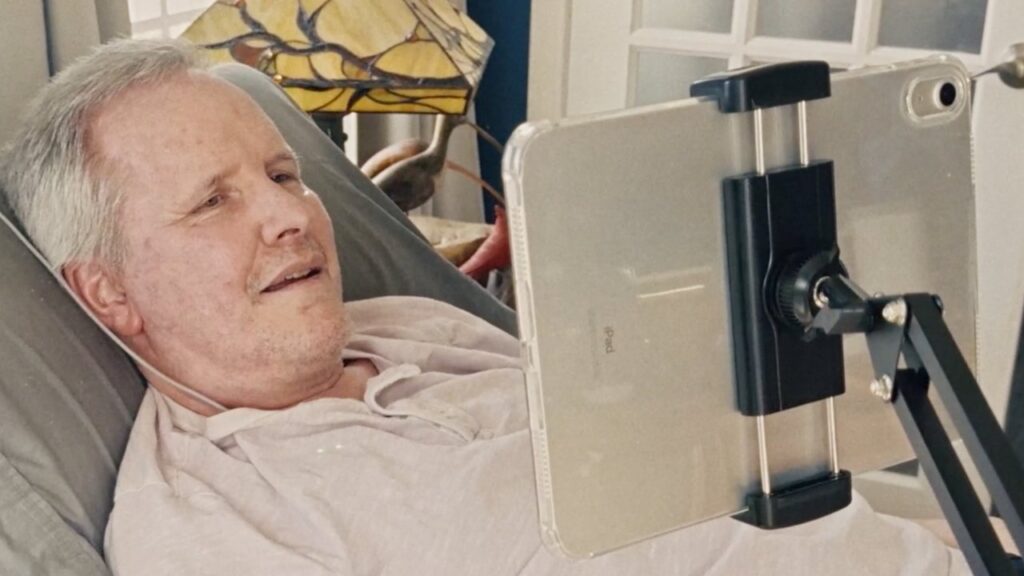
A groundbreaking demonstration has showcased how a patient with amyotrophic lateral sclerosis (ALS) can operate an iPad solely through thought control. This innovative application comes from Synchron, a medical technology company that has developed a prototype based on Apple’s new Brain-Computer Interface Human Interface Device (BCI HID) protocol.
The BCI HID protocol, launched in May 2025, offers a series of standard controls available for developers to utilize in creating applications that facilitate communication and interaction for individuals with severe mobility limitations. Mark Jackson, the patient demonstrating this technology, previously learned to use the Apple Vision Pro through the same system, highlighting the versatility of the protocol in enhancing assistive technology.
Integrating Technology for Independence
The demonstration involved Jackson using an iPad to navigate various applications by merely thinking about the actions he wished to perform. This capability represents a significant leap forward in assistive technology, enabling individuals with ALS and similar conditions to engage with digital devices without physical input. Synchron’s approach not only enhances independence but also fosters improved communication and access to information.
Synchron’s innovation leverages Apple’s BCI HID protocol, which allows for seamless integration between the human brain and digital devices. This breakthrough raises the possibility of developing more advanced applications that can adapt to the specific needs of users, further refining the user experience.
The Future of Assistive Technology
The potential impact of this technology extends beyond individual users. By collaborating with major tech companies like Apple, Synchron is paving the way for a new era in assistive devices. As more developers adopt the BCI HID standards, the landscape of technology for people with disabilities is likely to evolve rapidly.
The successful demonstration of thought control on the iPad not only showcases the capabilities of the BCI HID but also serves as a reminder of the importance of inclusive technology. As advancements continue, individuals like Mark Jackson will play a crucial role in shaping the future of how we think about and interact with technology. This progress could lead to improved quality of life for countless individuals facing mobility challenges, reinforcing the necessity for ongoing innovation in this field.






